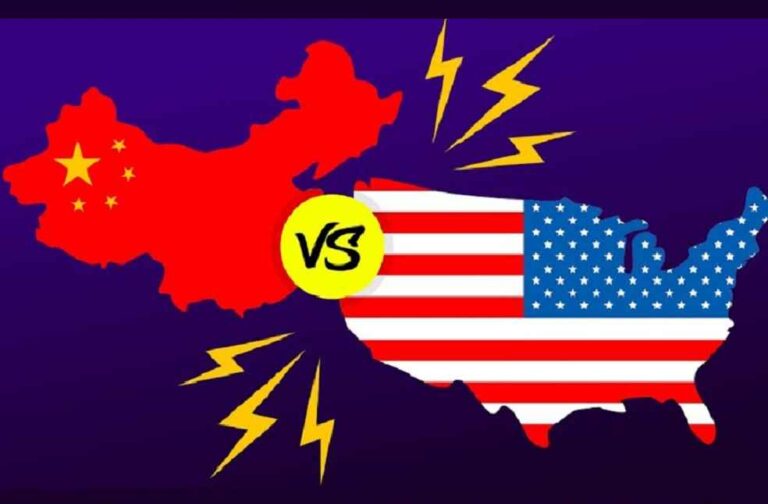After fifty-six months of trade war with China, the United States is still maintaining its tariffs on billions of dollars of U.S. imports from China. President Joe Biden’s administration has continued the tariffs, but it has initiated a review to evaluate their effectiveness. Domestic industries and trade associations have been given the opportunity to request the continuation of the tariffs, with U.S. Trade Representative Katherine Tai determining that all Section 301 tariffs would continue to be applied without any changes, subject to a more comprehensive review.
The review received over 1,400 submissions from various industries and experts, with only 22% in support of continuing the tariffs. Some argued that the tariffs support U.S. manufacturing and consumption, played a role in addressing dumping from Chinese firms, and counteracted the distorting influence of Chinese government subsidies on the U.S. market. Some praised Section 301 for creating public awareness and shifting attitudes regarding buying local, domestically produced goods. Others credited the 301 tariffs with ensuring the industry’s health by shifting demand toward domestic producers and reducing dependence on China for strategic materials.
However, the costs of protectionism are widespread and disproportionately borne by U.S. consumers. The tariffs have raised the prices of imported goods, leading to higher inflation and lower purchasing power for Americans. Furthermore, the tariffs have strained diplomatic relations with China and hurt U.S. businesses that rely on Chinese imports or exports. Additionally, the tariffs may not have been effective in achieving their intended goals.
As the Biden administration undertakes a full review of the Section 301 tariff actions, it faces the task of weighing the costs alongside the benefits. While some industries have profited from the tariffs, the costs are too high and widespread to justify their continuation. The Biden administration should carefully consider the costs and benefits of the tariffs and make decisions that benefit the entire U.S. economy, not just a few vocal industries. It is worth remembering that when Congress delegated much of its tariff authority to the president, it did so to avoid capture by a few vocal industries. The president represents a national constituency, not special interests that lobby for protection.
EDITOR’S CHOICE: STUDYING ECOSYSTEMS AND NICHE DYNAMICS DURING MASS EXTINCTION EVENTS



